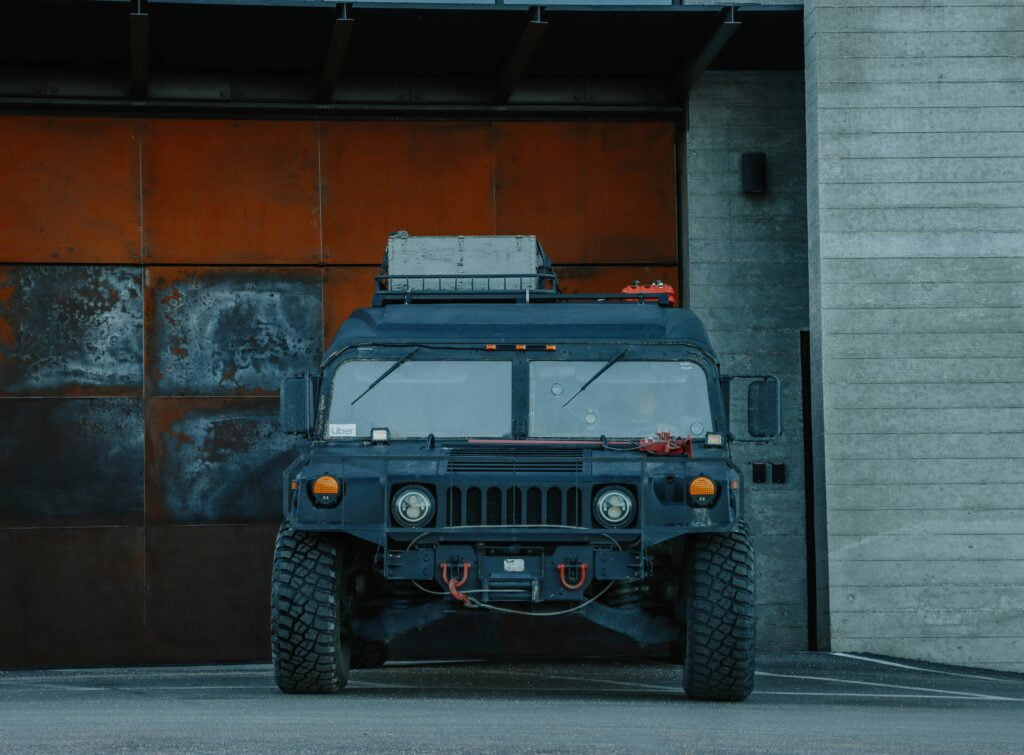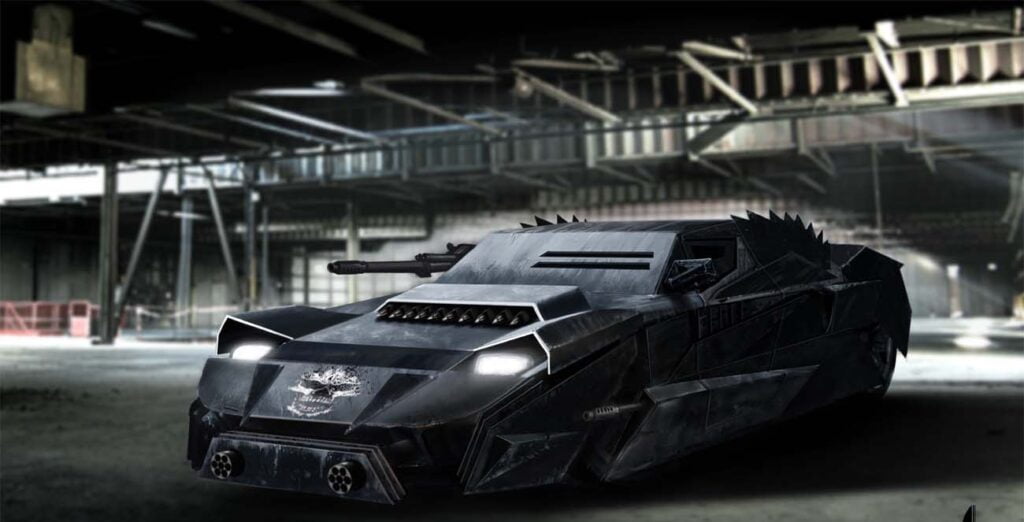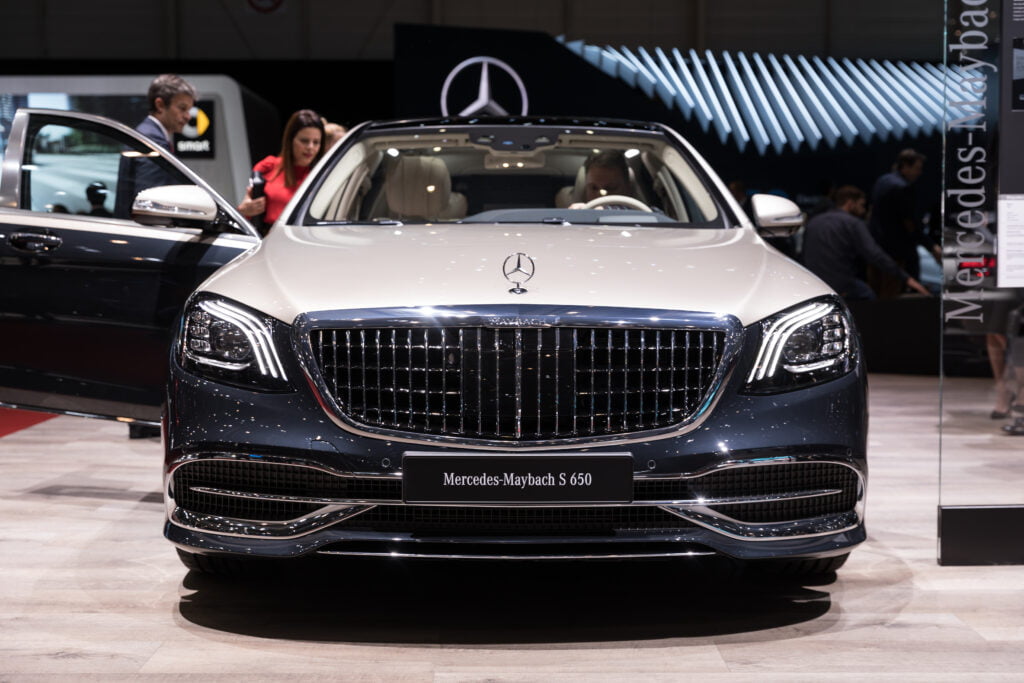Can I Buy a Bulletproof Car?
Security is a primary issue for a large number of people in this world, which is becoming more uncertain. It’s possible that the concept of owning a bulletproof car has become a point of attraction for some people, whether it’s due to rising crime rates or geopolitical tensions. However, is this even possible? In the following paragraphs, we will discuss the possibility of getting a bulletproof car as well as its legality and cost-effectiveness.

Understanding Bulletproof Cars:
Bulletproof cars, also known as armored vehicles, are devices that are painstakingly engineered and designed to withstand a variety of threats, including bullets fired from firearms, explosions, and deliberate attacks. Collisions are involved. Hardened steel, Kevlar, and specialist bullet-resistant glass are just some of the ballistic elements that go into the making of these powerful vehicles, which feature a reinforced design.
There is a huge demand for bulletproof automobiles among many sections of society, which are highly respected for their exceptional level of safety. These armored giants are often trusted by high-profile individuals, including members of the military, politicians, celebrities, and others, to help protect their lives in dangerous environments. Whether they are traveling through dangerous countries or navigating potentially volatile situations, these individuals place a high priority on increased security and peace of mind. As a result, bulletproof cars are a benefit they cannot live without in their daily lives.
Legal Considerations:
Successfully navigating the legal environment of owning a bulletproof car requires a strong understanding of local rules and regulations. There is a wide range of permissions for armored vehicles in different jurisdictions, often subject to severe requirements and oversight.
It is important to note that in some countries, owning an armored vehicle requires the acquisition of special permits or licenses, which highlights the restricted character of such assets. The purpose of these regulatory measures is to guarantee that the community is accountable and uses the resource in a responsible manner.
Additionally, any modifications made to vehicles, including adding armor, are required to comply with stringent safety requirements and regulatory rules. Compliance with these rules not only ensures that the car will not get damaged, but it also emphasizes the safety of the occupants within the vehicle as well as other road users.
It is possible for potential owners to navigate the complexities of owning a bulletproof car in a responsible and legal manner by studying and complying with local rules and regulations. This will result in an environment that is trustworthy and compliant.

Cost and Affordability:
Since bulletproof cars require special materials and expert construction, they come with a hefty price tag. Several factors influence the price range, such as the level of protection required, the specifications of the vehicle type, and the amount of customization desired.
The versatility of armored vehicles is well known, as they can be equipped with a wide range of protections, from simple ballistic protection to elaborate fortifications that can resist intense attacks. Of course, expenses will increase in proportion to the desired level of security.
There is a strong relationship between the total cost and the make and model of the vehicle. Factors affecting the feasibility and affordability of the project include the availability of pre-armored vehicles with built-in protection elements and the extent to which such models may require retrofitting.
The basic armor isn’t the only thing that drives up the price; other modification options like advanced communication systems, firmer suspension and supplemental safety features increase the price even further.
Armored vehicles generally cost several times more than non-armored vehicles. This price difference is very noticeable. Depending on the level of ingenuity and effectiveness of the safety features, these customized automobiles can cost anywhere from several hundred thousand dollars to several million dollars.
Buyers should think deeply about their safety needs, their budget, and their goals before purchasing a bulletproof car. After all, investing goes beyond just money; it also includes peace of mind and better security.
Maintenance and Practicality:
Maintaining and repairing a bulletproof car is important to keep it in pristine condition and guarantee that it will continue to provide protection long after you buy it.
The disparity in weight between armored and regular vehicles is clearly evident. Armored vehicles are often heavier than regular vehicles because stronger materials are used in them, which reduces their mobility and their fuel economy. Navigating with this increased number requires extra caution and perhaps even changing some driving habits for the better.
Additionally, bulletproof elements such as ballistic panels and bullet-resistant glass require annual maintenance to function properly. These protection measures are susceptible to degradation over time due to normal wear and tear and pollution. Regular inspection and servicing by trained professionals is required to properly identify and address potential weaknesses.
Additionally, bulletproof surfaces can be kept in pristine condition and protected from wear and tear by regularly cleaning and polishing them. Critical parts of the vehicle must be serviced according to the manufacturer’s specifications so that it can continue to protect its passengers.
Whatever the case, bulletproof car ownership inevitably demands a dedication to ongoing maintenance. Regular maintenance allows owners to maintain the vehicle’s defensive characteristics, extend its service life, and maintain the peace of mind that comes from being prepared for unexpected situations.

Personal Security vs. Practicality:
A bulletproof car may seem like a good idea at first, but before you buy it, you need to think about how you’ll actually use it. The chances for the common man to encounter a situation where a bulletproof car is required are usually low.
Investigating alternative protection methods adapted to certain situations may provide more realistic and economical options than relying solely on armored transport. For example, whether it’s a routine commute or an important task, a personal security detail can provide an extra level of protection. Likewise, it’s a good idea to fortify spaces where people spend a lot of time with strong home security systems.
Furthermore, when situational awareness and vigilant safety practices are practiced, specialist vehicles are not necessary to efficiently reduce risks. If people are aware of potential threats and take safety precautions, they can improve their safety situation even without a bulletproof car.
While the desire to have a bulletproof vehicle is natural, one must consider the advantages and disadvantages of this security measure in light of other options. Individuals can make informed decisions that prioritize security while addressing practical issues by thinking about things like the likelihood of risk exposure, cost-effectiveness, and their own security demands.
Table of Contents
More Like This-
What is the Difference Between G63 and G65?
What is the Difference Between G63 and G65?
Toyota Land Cruiser: A Legendary Adventure Machine
Toyota Land Cruiser: A Legendary Adventure Machine